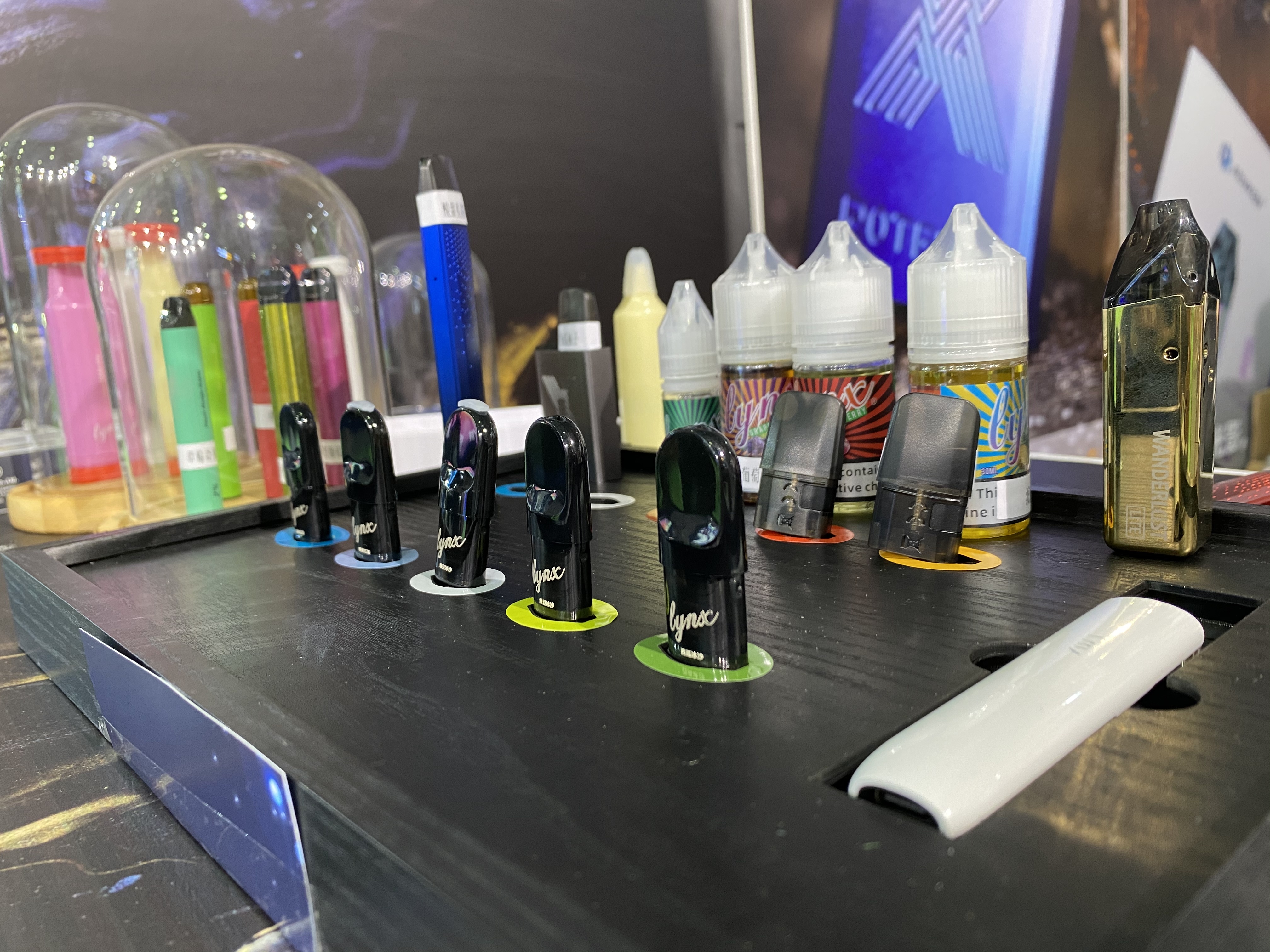Vape shops in America urge FedEx to change shipping rules
FedEx’s current rules do not allow the shipment of vaping products from business to business or directly to vapers, many of whom might have difficulty obtaining them if they live in rural areas. This new restrictions on shipping vape products are having a significant impact on local shops. On top of all that, major delivery services like FedEx and the United Parcel Service (UPS) have made their own decisions to halt shipping vaping products already. (DHL has a similar ban in place.) ,which is causing some shops to raise prices for their customers. And right now, the USPS can only ship vaping and e-cigarette products to people who are registered to get the products through the ATF and postal service.
With changes to individuals, So now you’ve got millions of internet customers who can’t get their product shipped to their homes anymore,” he said. “So now they’re reliant on a vape shop to supply what they need. With this ban affecting products, it could take a week, two weeks, three weeks for me to get something in…. I used to be able to have things overnighted.
And if vape shops close, individuals will be induced to get their products elsewhere, such as the black market — an unintended consequence he argues could lead to an increase in supply of Vitamin E Acetate, the antioxidant sometimes found on the black market that studies have proven to be harmful when inhaled.
With changes to distribution, Sprague says they’ve had to make big changes, including using freight shipping to transport products.
Sprague says the changes in shipping fees have caused them to increase prices to offset distribution costs. It’s also impacting the type of products that come into the shop.
“One of the bigger impacts is the ingredients we get to make our products. It’s been really hard getting things like nicotine across because companies are hesitant to ship it and a lot of companies are misconstruing the regulations and seeing them for more than what they are or less than what they are. All of that confusion leads to them dropping out,” said Sprague. Some shops said Vape shops are not the problem,” “…We don’t sell to minors. I don’t want to have some agency come in here and arrest me or fine me.
WASHINGTON, D.C. – the American Vaping Association, a pro-vaping advocacy organization, is fighting back against these shipping rules. On 12th July ,sent a letter to FedEx signed by 428 small business owners urging the carrier to reconsider its recent policy change that prohibits them from shipping or receiving vaping products, otherwise known as e-cigarettes. The letter warns that the refusal of FedEx to update their policy will have unintended consequences, including perpetuating smoking-related deaths, especially in marginalized communities. The letter is something of last-ditch effort, a desperate ask. Tobacco harm reduction advocates, vapers and manufacturers have been waiting tensely since December 2020, when then-President Donald Trump signed a COVID-19 relief bill that updated the Prevent All Cigarette Trafficking (PACT) Act.
Now, small businesses across the country are feeling the brunt of these new policies, which make vaping products harder to ship than firearms.
The effects of this decision will be felt disproportionately among minority and low-income communities. The letter points out that these communities “smoke cigarettes at higher rates than white and more affluent populations,” and Black Americans are among the most likely demographic to use e-cigarettes as a tool to quit combustible tobacco.
President of American Vaping Association Gregory Conley implores these shipping companies to reconsider this decision and look at the harmful effects it will have on already disadvantaged communities:
“FedEx is doing a great disservice to American small businesses and consumers. They are playing right into the hands of Big Tobacco, which directly benefits from policies that make it more expensive for adult smokers to switch. Not only are vaping products legal and regulated by the Food & Drug Administrations, but they are saving lives by keeping people off combustible cigarettes.”
To read the full letter, please visit: https://vaping.org/wp-content/uploads/2021/07/AVA-Coaltion-Letter-FedEx-7.12.21.pdf
FedEx’s website clearly states what it considers tobacco products. Burton fears that if the postal service follows through, many vape shops will go out of business.
Dacia Hudson, Program Manager for the Tobacco Education Prevention Partnership, says vaping products are not an approved smoking cessation or tool.
“Vaping products are relatively new, they came about in 2007 so there is still a lot to be learned about the products. We do know they contain a combination of chemicals that are known to cause short and long-term health effects. Some of those chemicals are known to cause cancer, most vape juices contain some levels of nicotine. It’s definitely not safe for young people because their brains are developing so that’s why we work so hard to prevent youth from starting,” said Hudson.
“We celebrate anyone who is trying to quit smoking or using any kind of tobacco product. We recognize that some people may want to reach for an e-cigarette as a resource however it’s not an approved smoking cessation or tool,” said Hudson. “We strongly encourage people to utilize free resources we have in Colorado such as the Colorado Quitline which is a free program that people can get coaching and nicotine replacement therapy. That’s really where we try to point people too, those resources that we know and proven to be effective.”
Despite the new challenges, vape owners say they will continue fighting to keep the community away from tobacco products.
We believe that the harmful theory of e-cigarettes is just because the e-cigarette industry has not been standardized, and there is no uniform quality standard in the industry. Many experts and experiments have proved that e-cigarettes have a certain degree of cessation effect on traditional tobacco users. The measures we should take should be to standardize industry standards and trade rules, not to prohibit transportation. We believe that existence is reasonable.
What do you think of the FedEx rulers of vaping products ?Do you think it is necessary for these logistics companies to ban the transportation of e-cigarettes?












